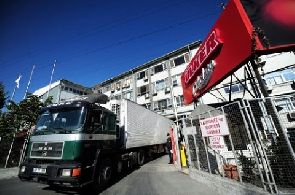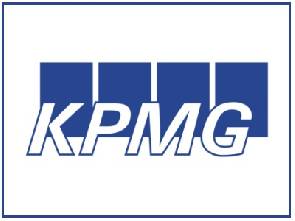The robust data surprised markets, who had been expecting a consensus of 3.8 percent, and indicated the economy is managing to turn the corner following a slump in the wake of a failed coup last July.
The Turkish economy grew 4.5 percent in the first quarter of 2016, but only 2.9 percent overall in 2016. The growth rate in the last quarter of 2016 stood at 3.5 percent.
The official data published by the Turkish Statistics Institute (TUIK) showed that the main driver of the strong first quarter was exports, with exports of goods and services increasing 10.6 percent.
“That appears, in part, to have been a result of the weakness of the lira supporting the competitiveness of goods exports,” said William Jackson, senior emerging markets economist at Capital Economics in London.
The lira has lost over 20 percent against the dollar over the last year, although it has rallied slightly in recent months. Imports however increased only 0.8 percent.
The strong data will be a boost for the government under President Recep Tayyip Erdogan, who in April narrowly won a referendum on boosting his powers with the economy a key issue.
Economists said the first quarter GDP data suggests that Turkey will grow faster this year than expected, requiring a revision of full year forecasts.
Ozgur Altug, chief economist at BGC Partners, said he had revised his 2017 GDP growth forecast from 2.5 percent to 4.7 percent, versus a government forecast of 4.4 percent.
“The data confirmed that the economy managed to recover in the fourth quarter of 2016 and with a faster pace in the first quarter after the failed coup attempt,” he said, saying government measures to stimulate activity were now being felt in the data.
But he warned that a GDP restatement last year — which saw past data revised — and the discrepancy between monthly and quarterly figures continued to complicate making forecasts.









